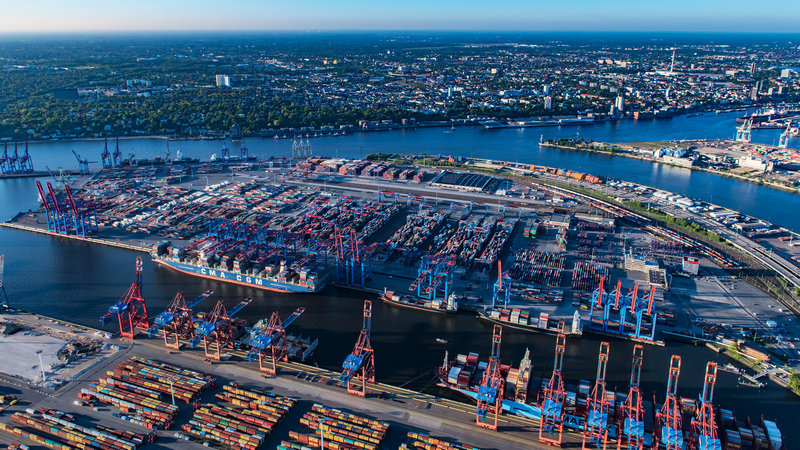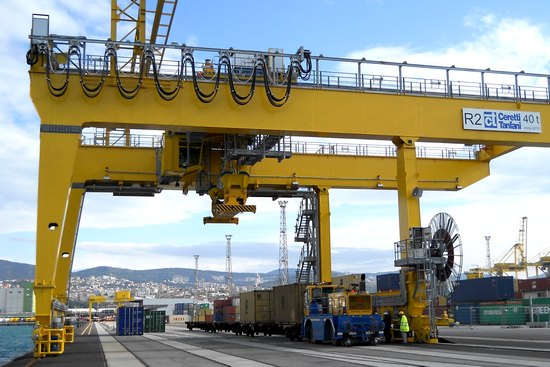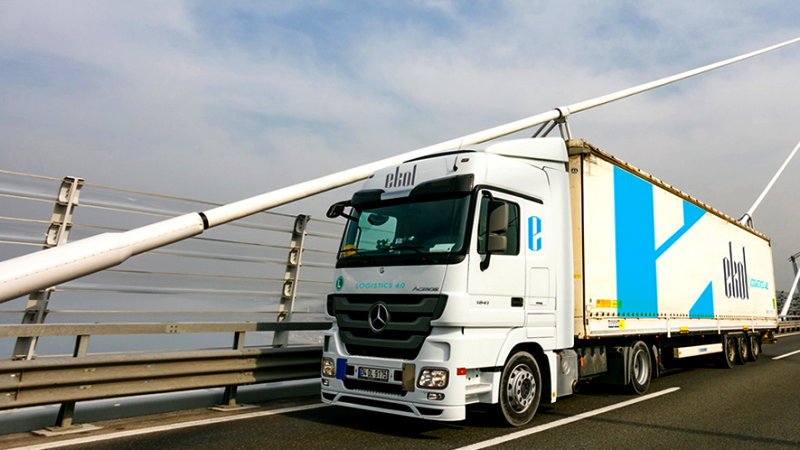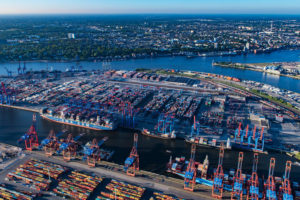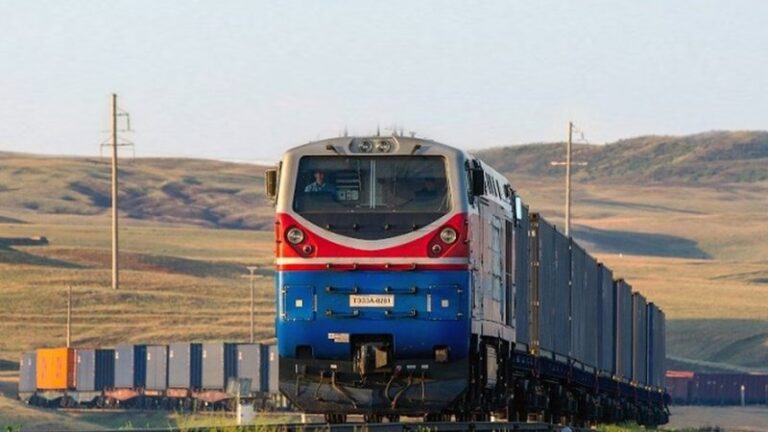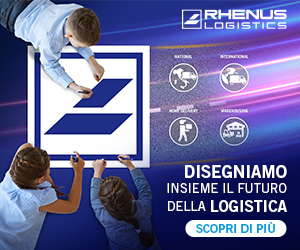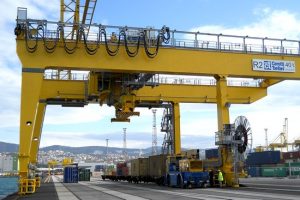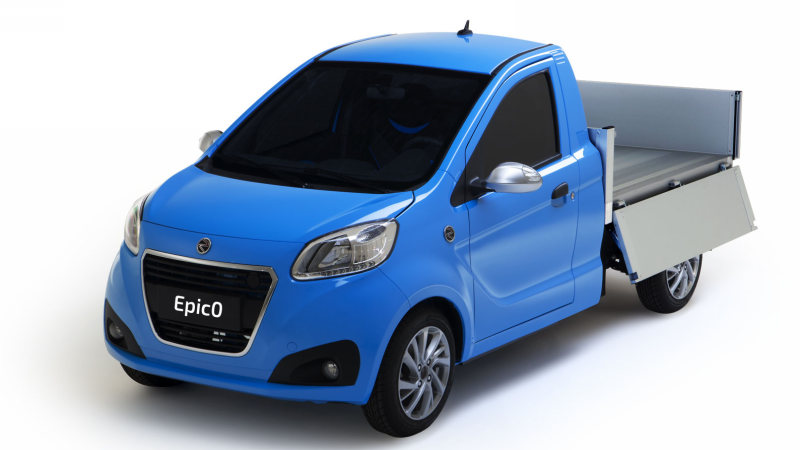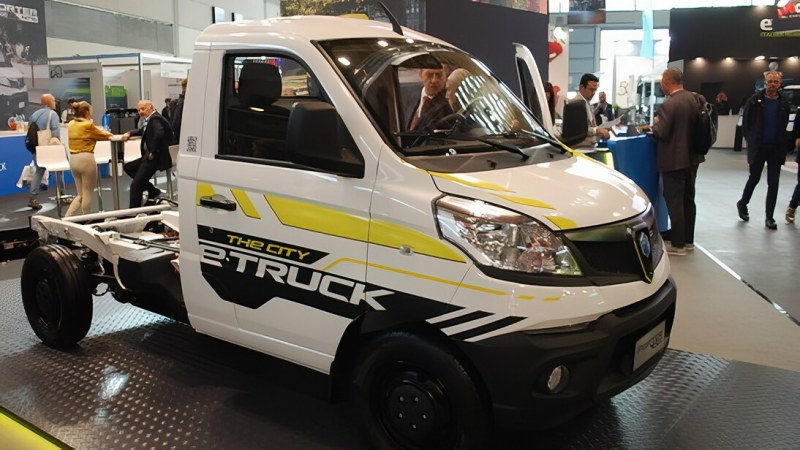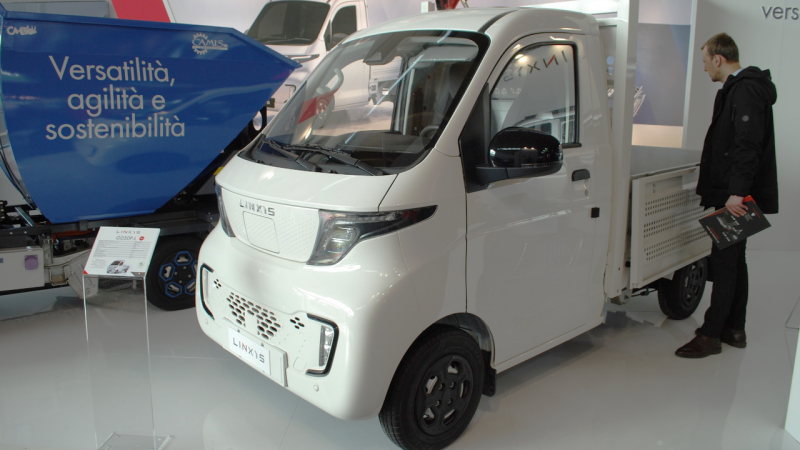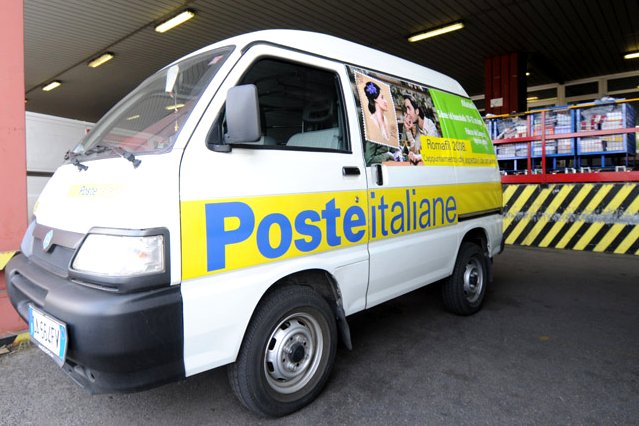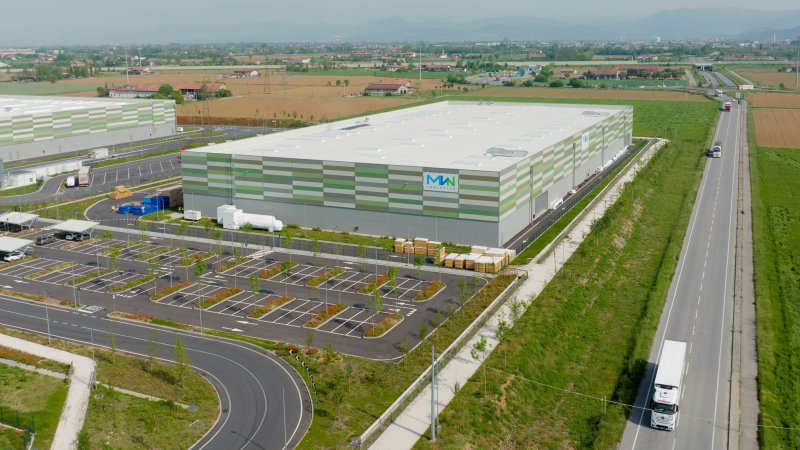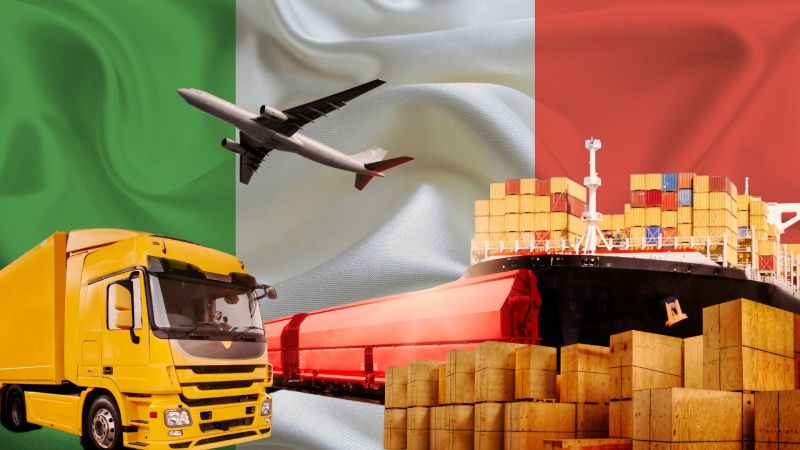If the health of freight rail transport can be gauged by the expansion of the traction fleet through the purchase of new locomotives, then the outlook appears promising. Ultimately, the final word will depend on market demand and the actual requests from railway customers, but the numbers are already indicative, highlighting a certain vitality in the sector with new orders from various railway companies.
Kazakhstan Railways (KTZ) leads the way with plans to acquire 574 new locomotives by 2029, including 100 shunting locomotives. At least 200 of these units will be produced by China's CRRC, the world's largest rail equipment manufacturer. Currently, the KTZ freight traction fleet is impressive, with about 1,600 units. In 2023, KTZ acquired 113 new machines, and 2024 is expected to close with the addition of 185 units. Much of KTZ's transport involves grain and other agricultural products, commodities with a strong affinity for rail transport.
The Swiss rail sector is also seeing a surge in demand. In July 2024, SBB Cargo International, in collaboration with leasing company SüdLeasing, ordered an additional 20 Vectron multi-system locomotives from Siemens Mobility, equipped with the XLoad package. This order, which also includes 15 years of maintenance, brings the total number of Vectrons sold in Switzerland to 180, with 78 units going to SBB Cargo International. The XLoad package enhances the locomotive's traction capacity, allowing heavier trains to operate on the Swiss north-south axis with a single traction unit, eliminating the need for a second locomotive.
Swiss railways are also boosting domestic services. In this context, SBB has ordered 129 locomotives for freight line services from Stadler Rail, a manufacturer that, after years of experience with passenger electric trains, has developed traction units for freight trains as well. Some of these units will be equipped with a Last Mile module, but unlike typical setups, the alternative traction is provided not by a diesel engine but by a battery pack, thereby eliminating emissions. Swiss railways plan to completely renew their traction fleet by 2050.
Private leasing company Alpha Trains has also signed an agreement with Siemens Mobility to acquire 70 Vectron locomotives, including multi-system and dual-mode units. Notably, the first multi-system units will be assigned to France, capable of operating along the North-South corridor through Germany, Austria, Switzerland, Italy, Belgium, the Netherlands, France, and optionally, Luxembourg.
In Italy, Alstom has signed a contract with Mercitalia Rail for the supply of 70 Traxx Universal locomotives, along with comprehensive maintenance services for 12 years. Some units will be equipped with the Last Mile package. The contract also includes an option for an additional 30 locomotives and an extension of maintenance services. Siemens Mobility, on its part, has begun delivering the first units of an order for 40 Vectron locomotives to TX Logistik, the rail logistics company owned by Mercitalia Logistics. Some units will operate in Italy, Austria, and Germany, while others will also run in Switzerland and the Netherlands.
Czech state railways are not standing still either: ČD Cargo has exercised an option to purchase an additional batch of Traxx 3MS locomotives. The contract, initially signed with Bombardier Transportation, now part of Alstom, has been expanded to include the delivery of 60 units for European freight services, including operations in Austria, Benelux, and Italy.
Piermario Curti Sacchi


